Filter by
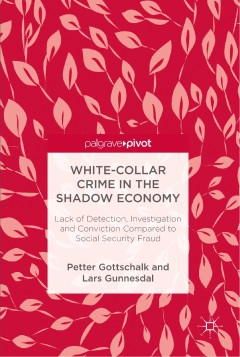
White-collar crime in the shadow economy : lack of detection, investigation a…
This open access book examines the magnitude, causes of, and reactions to white-collar crime, based on the theories and research of those who have uncovered various forms of white-collar crime. It argues that the offenders who are convicted represent only ‘the tip of the iceberg’ of a much greater problem: because white-collar crime is forced to compete with other kinds of financial crime l…
- Edition
- -
- ISBN/ISSN
- 9783319752921
- Collation
- xvi, 155p. : ill.
- Series Title
- -
- Call Number
- 363.25963 GOT g
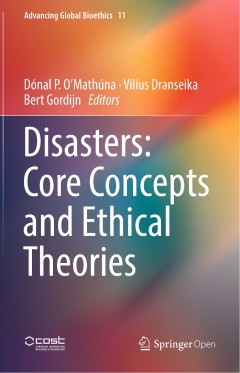
Disasters : core concepts and ethical theories
This Open Access Book is the first to examine disasters from a multidisciplinary perspective. Justification of actions in the face of disasters requires recourse both to conceptual analysis and ethical traditions. Part 1 of the book contains chapters on how disasters are conceptualized in different academic disciplines relevant to disasters. Part 2 has chapters on how ethical issues that arise …
- Edition
- -
- ISBN/ISSN
- 9783319927220
- Collation
- ix, 244p. : ill.
- Series Title
- -
- Call Number
- 170 DIS d
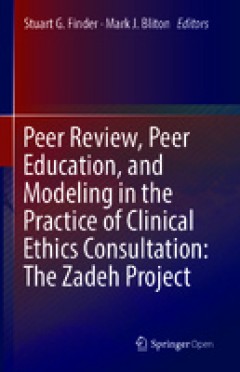
Peer review, peer education, and modeling in the practice of clinical ethics …
This open access book about the Zadeh Project demonstrates and explores a core question in clinical ethics: how can ethics consultants be accountable in the face of a robust plurality of ethical standpoints, especially those that underwrite practices and methods for doing ethics consultation as well as those viewpoints and values encountered in daily clinical ethics practice? Underscoring this …
- Edition
- -
- ISBN/ISSN
- 9783319909554
- Collation
- viii, 228p.
- Series Title
- -
- Call Number
- 174.2
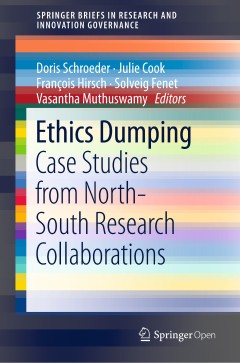
Ethics dumping : case studies from north-south research collaborations
This book provides original, up-to-date case studies of “ethics dumping” that were largely facilitated by loopholes in the ethics governance of low and middle-income countries. It is instructive even to experienced researchers since it provides a voice to vulnerable populations from the forementioned countries. Ensuring the ethical conduct of North-South collaborations in research is a proc…
- Edition
- -
- ISBN/ISSN
- 9783319647319
- Collation
- xiii, 134p. : ill.
- Series Title
- -
- Call Number
- 174.9 ETH e
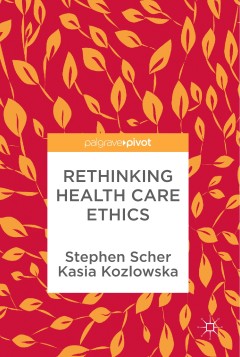
Rethinking health care ethics
The goal of this open access book is to develop an approach to clinical health care ethics that is more accessible to, and usable by, health professionals than the now-dominant approaches that focus, for example, on the application of ethical principles. The book elaborates the view that health professionals have the emotional and intellectual resources to discuss and address ethical issues …
- Edition
- -
- ISBN/ISSN
- 9789811308307
- Collation
- xv, 169p. : ill.
- Series Title
- -
- Call Number
- 171.7 SCH r
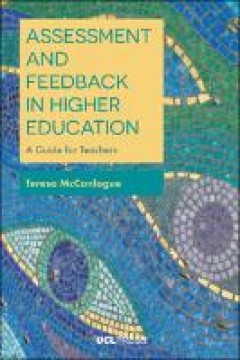
Thick evaluation
"We use evaluative terms and concepts every day. We call actions right and wrong, teachers wise and ignorant, and pictures elegant and grotesque. Philosophers place evaluative concepts into two camps. Thin concepts, such as goodness and badness, and rightness and wrongness have evaluative content, but they supposedly have no or hardly any nonevaluative, descriptive content: they supposedly give…
- Edition
- First edition.
- ISBN/ISSN
- 9780198803430
- Collation
- xi, 198 pages ; 24 cm
- Series Title
- -
- Call Number
- 170.42 KIR t
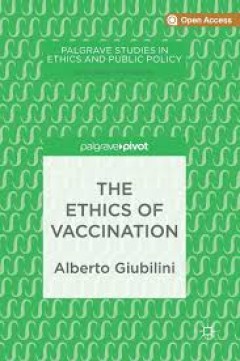
ethics of vaccination
This open access book discusses individual, collective, and institutional responsibilities with regard to vaccination from the perspective of philosophy and public health ethics. It addresses the issue of what it means for a collective to be morally responsible for the realisation of herd immunity and what the implications of collective responsibility are for individual and institutional respon…
- Edition
- 1st edition.
- ISBN/ISSN
- 9783030020675
- Collation
- pages cm
- Series Title
- -
- Call Number
- 174.295372 GIU t
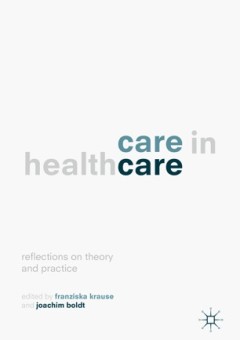
Care in healthcare : reflections on theory and practice
This book examines the concept of care and care practices in healthcare from the interdisciplinary perspectives of continental philosophy, care ethics, the social sciences, and anthropology. Areas addressed include dementia care, midwifery, diabetes care, psychiatry, and reproductive medicine. Special attention is paid to ambivalences and tensions within both the concept of care and care practi…
- Edition
- -
- ISBN/ISSN
- 9783319612911
- Collation
- xi, 298p. : ill.
- Series Title
- -
- Call Number
- 610.1 CAR c
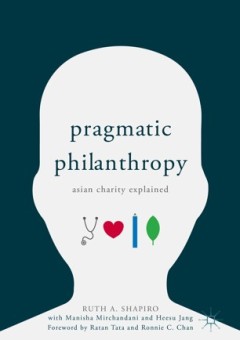
Pragmatic philanthropy : Asian charity explained
This cutting edge text considers how Asian philanthropists and charitable organizations break with Western philanthropic traditions and examines the key traits and trends that make social investment in Asia unique. Based on 30 case studies of excellent social delivery organizations (SDOs) and social enterprises as well as interviews with ultra-high net-worth individuals throughout Asia, this bo…
- Edition
- -
- ISBN/ISSN
- 9789811071195
- Collation
- xvi, 173p. : ill.
- Series Title
- -
- Call Number
- 361.3 SHA p
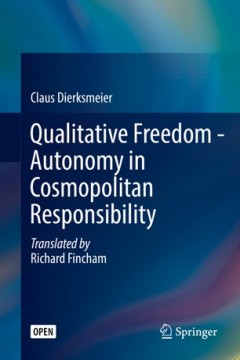
Qualitative freedom : autonomy in cosmopolitan responsibility
In the light of growing political and religious fundamentalism, this open access book defends the idea of freedom as paramount for the attempt to find common ethical ground in the age of globality. The book sets out to examine as yet unexhausted ways to boost the resilience of the principle of liberalism. Critically reviewing the last 200 years of the philosophy of freedom, it revises the princ…
- Edition
- -
- ISBN/ISSN
- 9783030047238
- Collation
- x, 365p. : ill.
- Series Title
- -
- Call Number
- 123.5 DIE Q
 Computer Science, Information & General Works
Computer Science, Information & General Works  Philosophy & Psychology
Philosophy & Psychology  Religion
Religion  Social Sciences
Social Sciences  Language
Language  Pure Science
Pure Science  Applied Sciences
Applied Sciences  Art & Recreation
Art & Recreation  Literature
Literature  History & Geography
History & Geography